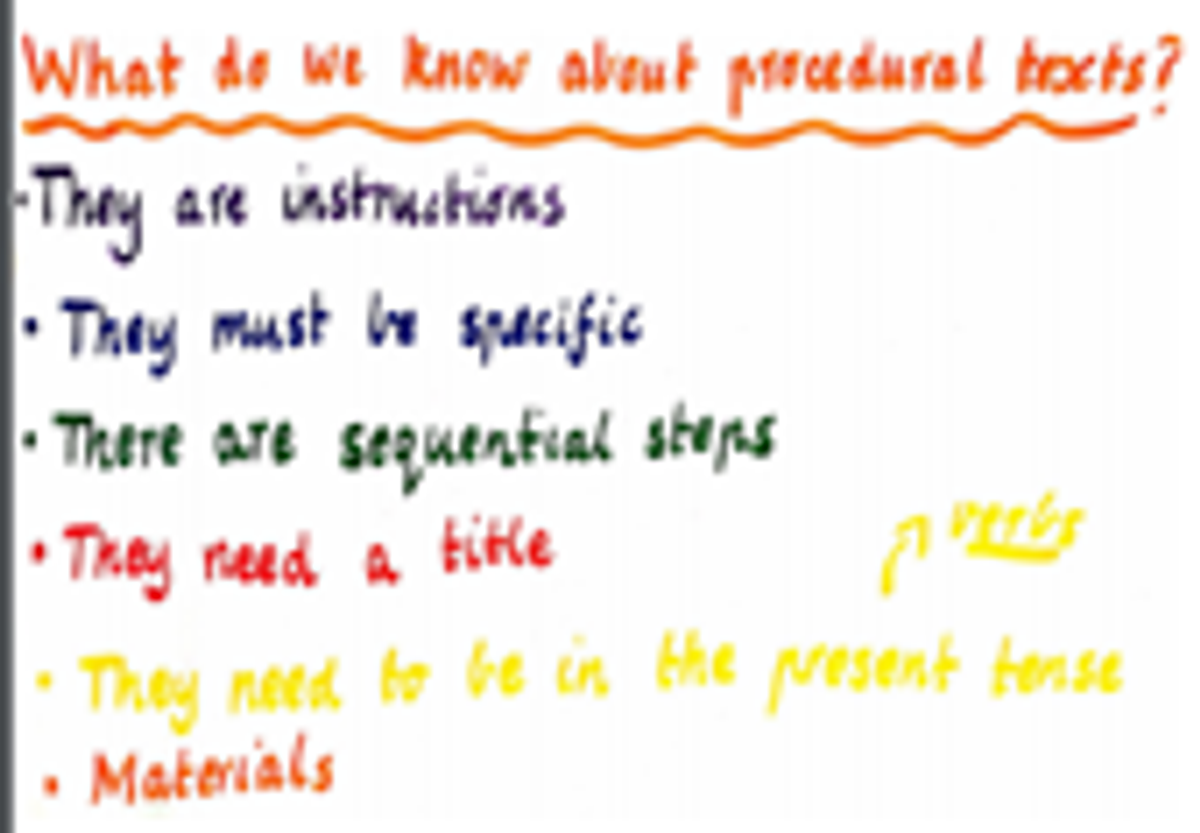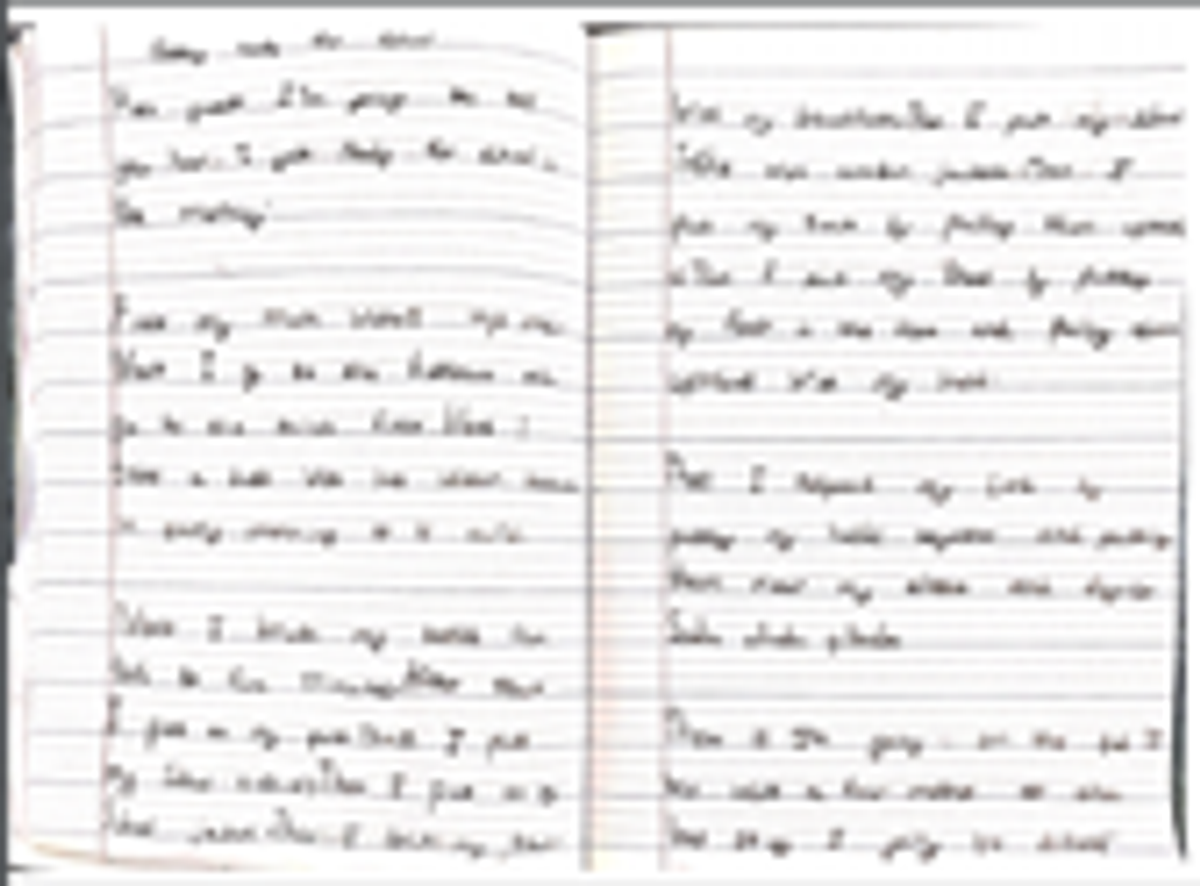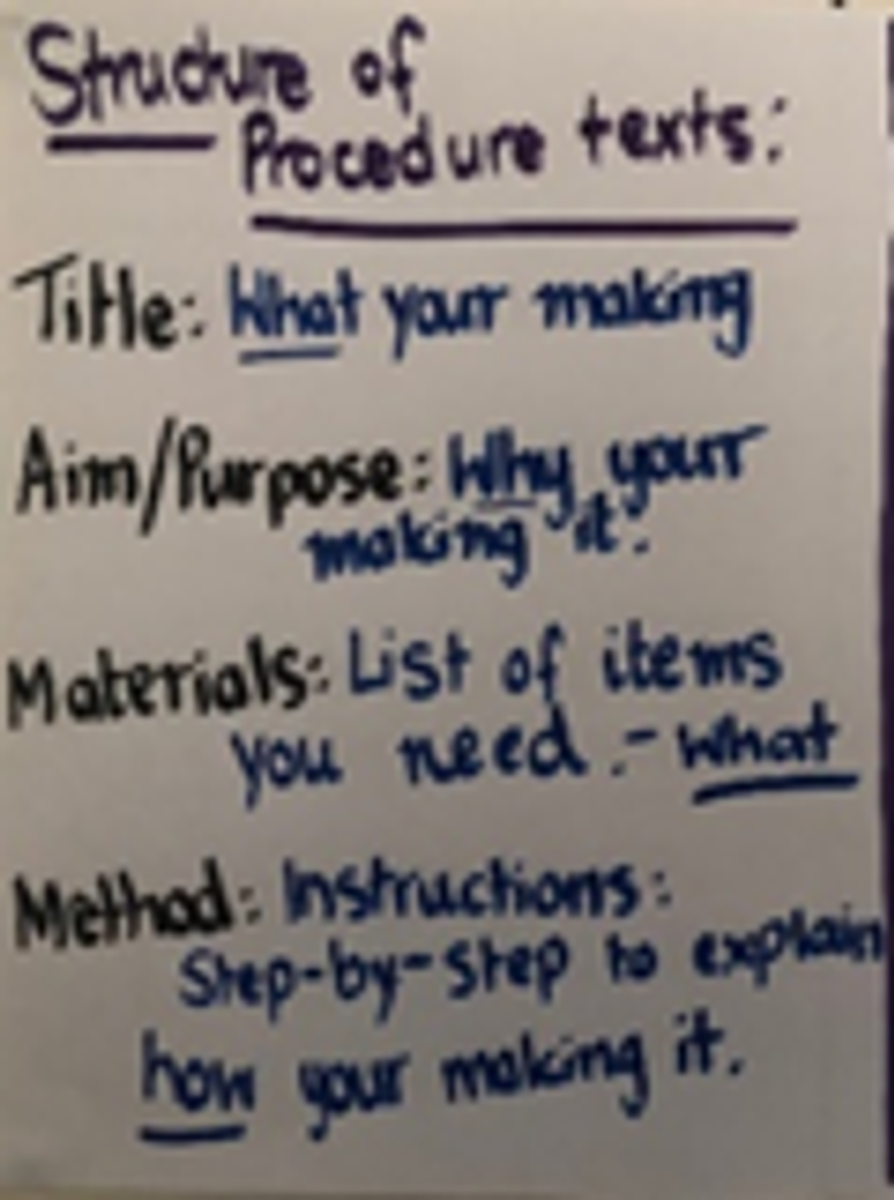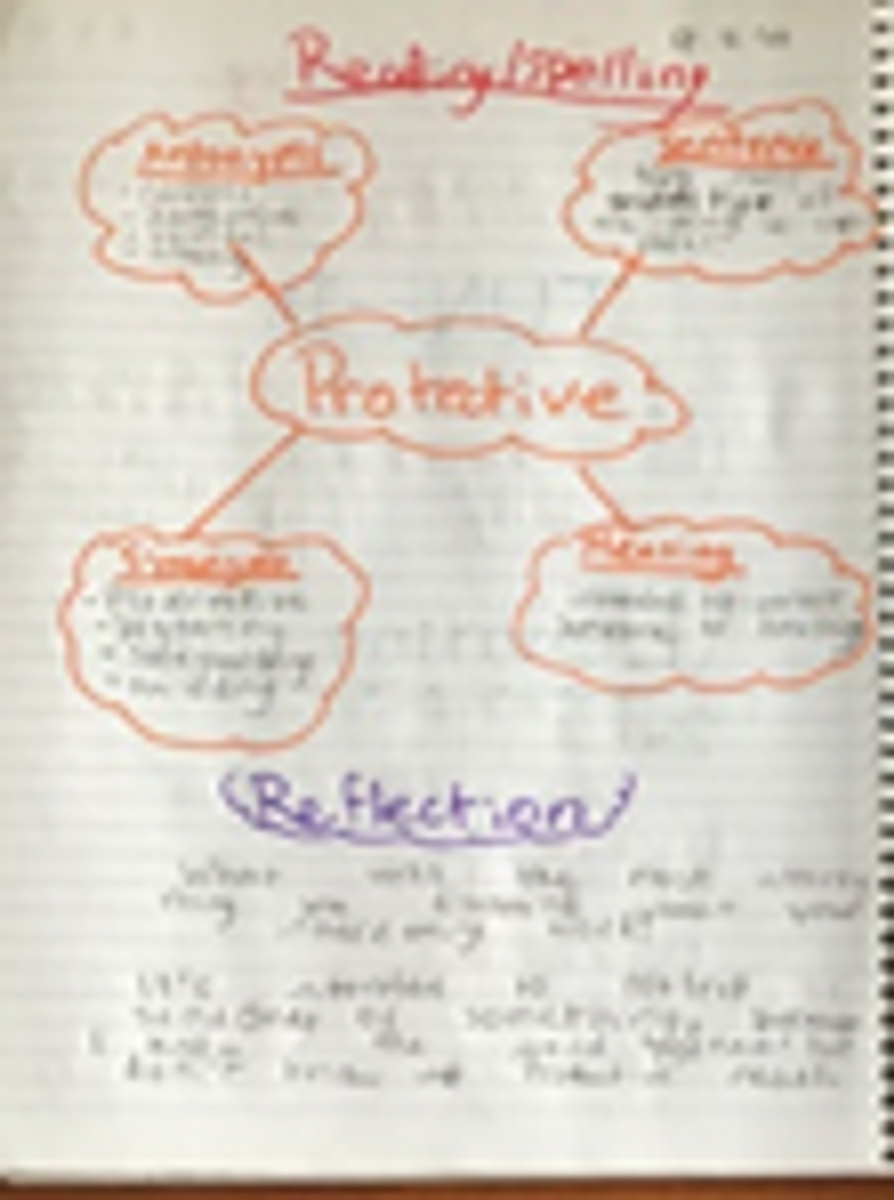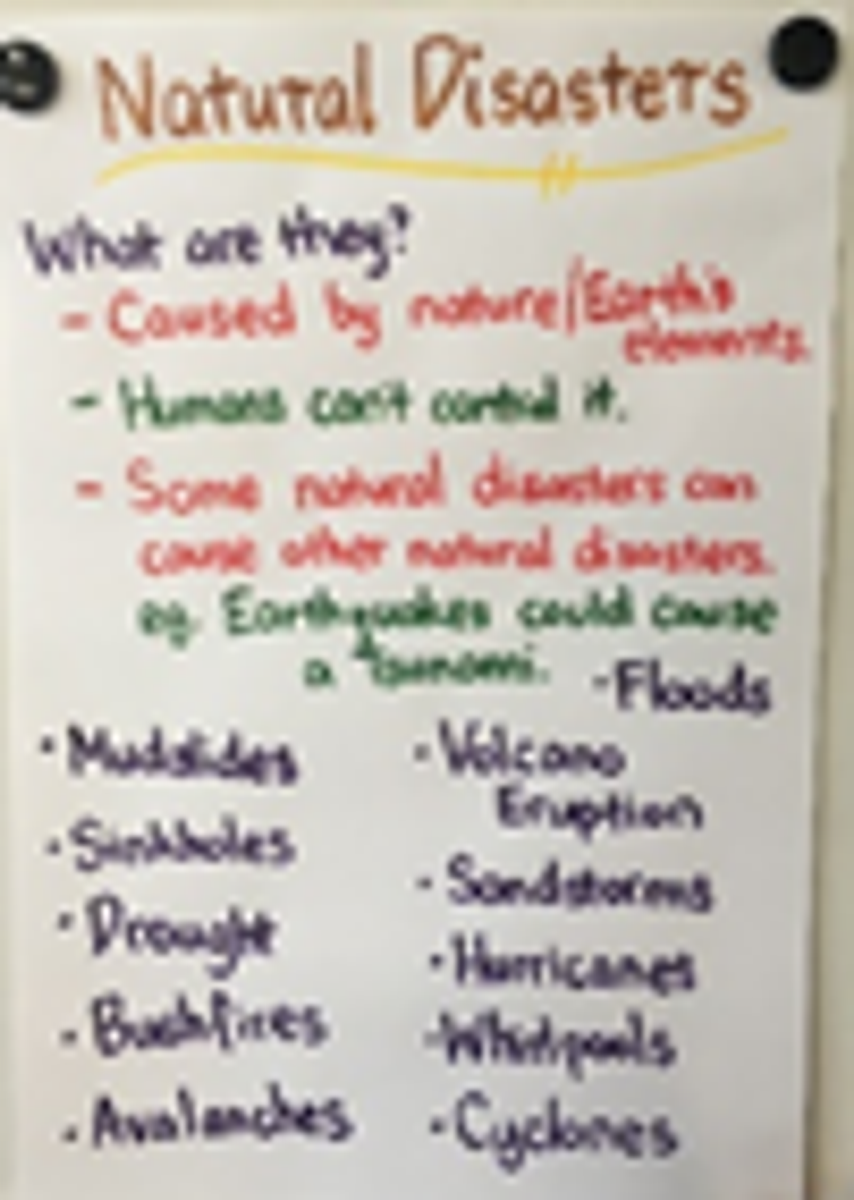Welcome To Term 4
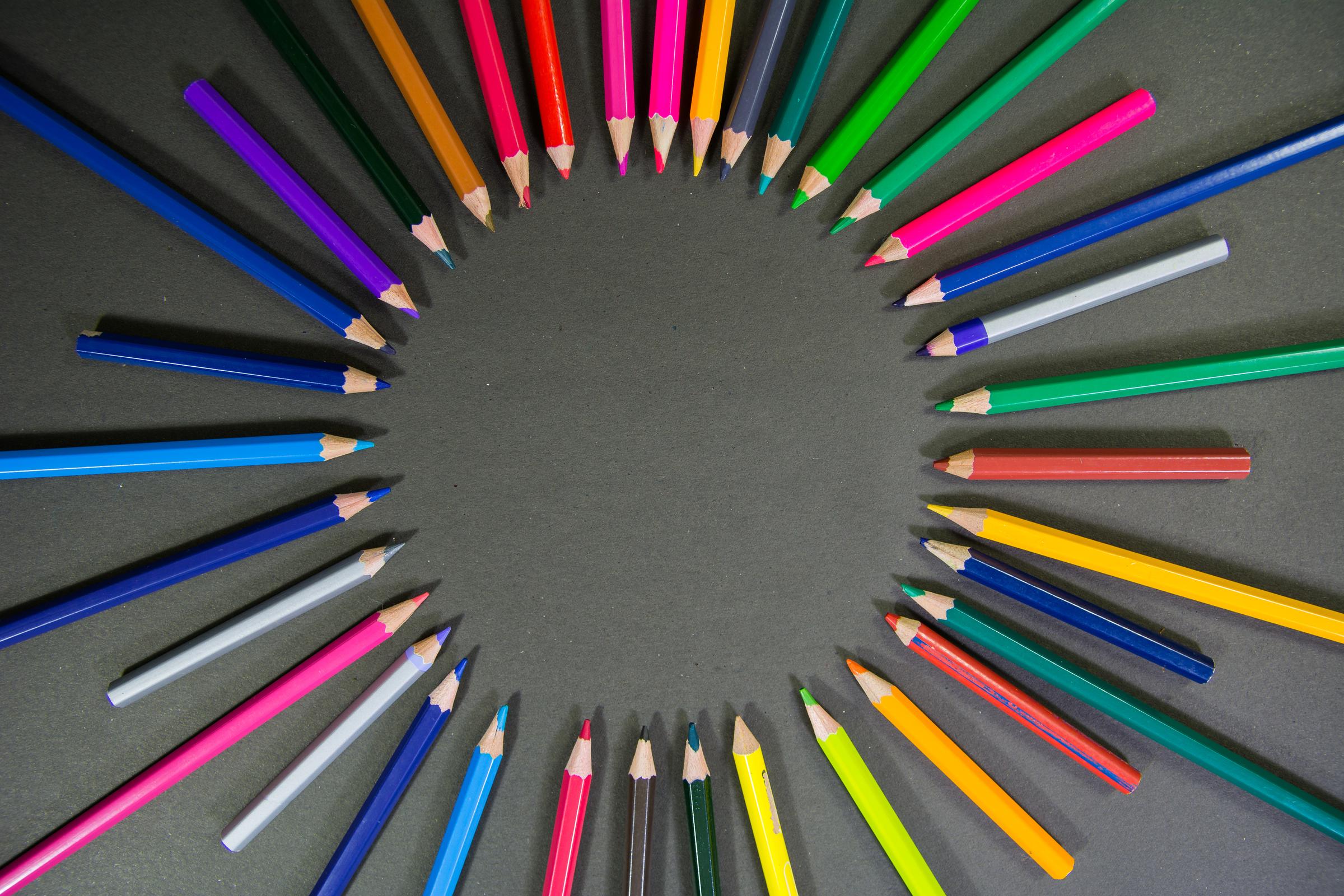
Dear Parents and Guardians,
Welcome to Term Four and another engaging term of learning at Glen Waverley Primary School, as well as the last Term for our Level Three students!
What an incredible Term Three we had, with many highlights that showed commitment and addressing the challenges of our learning!
Term Four brings with it the exciting transitioning back into learning at school and following this transitioning into their Level Four class. An information session to transition into Year Four will take place for this. There is also the challenge of our Inquiry unit for this term, ‘How do humans react in the face of disaster?’.
At end of this school year reports go live to families via Compass. Your children’s teachers will be informing you about the successes of their learning, including their achievements and areas of growth this semester.
The Level 3 team would like to remind the students about the importance of being SunSmart. Hats like the examples to the right, will be required to be worn during recess and lunchtime. Please ensure they are named and children are to bring a water bottle to school so they can stay hydrated. This will ensure their brains and bodies are always ready for optimal learning.
We are certainly all looking forward to a very productive, rigorous and exciting term of learning.
Thanking you for your ongoing support,
Christine Marotti, Cath Chen, Alana Essa, Christopher Distefano, Gemma Simmons.
Reminders:
- Just a few more reminders for you:
- Hats – Students are required to wear hats this term. Please remind them to have this packed each day.
- Home Learning – Home learning will be distributed on Friday and will be due the following Friday. It is expected that it will be fully completed and to a high standard.
- Home Reading – It is important that the students read for at least fifteen minutes each evening. Please sign their diaries after they have read and encourage them to read a wide variety of material at home.
- Hand sanitiser is provided by the school, however you are welcome to provide some for your child. Children clean their hands every time they leave or enter the classroom.
Reading
The Reading and Viewing curriculum for this term has been planned to further develop students’ understanding and learning experiences. They will revise and be exposed to a variety of CAFÉ reading strategies to assist in the accurate reading and comprehension, as well as participating in learning experiences that will help to broaden their knowledge about a variety of topics including disasters. During these learning experiences, the students will learn about the importance of the structure and features of procedural and narrative texts, whilst focusing on their chosen CAFÉ goals to help improve their reading skills. In developing the student’s knowledge and exposing them to different experiences, will assist in their ability to comprehend a range of texts on a deep level.
This allows students to become exposed to various mediums and enables them to identify the way an author intends for a piece to be read.
As part of the Level Three Home Reading program, it is an expectation that students read for fifteen minutes each night, and record this in their diaries. It would be wonderful if you could support your child’s reading, and assist them with their comprehension by discussing the book with them. The following questions are a great way to start a conversation:
- “What emotions is the character feeling? How do you know?”
- “As you’ve been reading, what pictures have been in your mind?”
- “What words or string or words helped you to visualise this image/picture in your mind?”
- “What do you think the outcome will be? Why?”
Speaking and Listening:
Every opportunity will continue to be provided this term to encourage the students to further develop their speaking and listening skills. This will occur through presentations of their learning, group discussions and also through oral presentations of Home Learning and other topics with which the students need to prepare a talk to present to the class.
The learners will also be encouraged to share their Procedural texts orally and be exposed to receiving effective feedback and feed forward. Whole-body listening will be expected when the learners are listening to others speak. We encourage confident, clear speaking and active listening at all times. Respect for others thoughts and taking turns continues to be paramount to any speaking and listening learning tasks implemented in the class.
Writing:
Wow! What wonderful writing we have seen so far from the Level Three learners! This term, students across the year level have been exploring Procedural Texts. During the first few weeks of Term Four, they have investigated the structure of a procedural text, as well as the features and language used. They have compared and contrasted a variety of procedural texts and discovered that recipes, instructions, manuals, science experiments and games are all types of procedures, which also supported their understanding of the purpose of these writing pieces. The learners have transferred their knowledge from reading procedural texts, to writing their own, alongside implementing their VOICES goal. They have applied the correct structure into their writing and have demonstrated their understanding that procedural texts include a Title, Aim/Purpose, Materials, and Method.
All students have discovered that the use of verbs in procedural texts are highly important as they explain how we need to carry out each step.
Once the procedural text unit it complete, the learners will have the opportunity to follow up their learning from the beginning of the year with Narrative writing. We have seen enthusiastic eagerness in our student’s desire to create imaginary texts and we are looking forward to seeing the use of interesting vocabulary, and different stories created through the use of the seven plot types. The seven plots allow students to explore different settings and characters for their writing and be able to learn new strategies when creating a Narrative piece.
The seven plots we will be focusing on are:
· Overcoming the Monster
· Rags to Riches
· The Quest
· Voyage and Return
· Comedy
· Tragedy
· Rebirth
Spelling:
As part of the Spelling program, the students will be encouraged to continue to expand their vocabulary through our Spelling Inquiry sessions. As we have been Learning from Home for a period of time we will have a large focus on this area to ensure they are practising the Spelling Inquiry method and how it assists with expanding their vocabulary. During learning, students will identify words misspelt in their writing, conduct research into these words, developing a rich understanding of the origin and meaning plus transfer how different word parts create their own spelling words. Students are to independently record unfamiliar words or words used in unusual ways that are found in their reading and writing. They will spell and investigate their meanings using dictionaries, thesauruses and occasionally iPad applications.
Spelling is heavily integrated into all areas of the curriculum and we encourage students to form connections between the spelling patterns or generalisations that during learning in Reading, Writing, Mathematics and Inquiry. When working in the classroom and for their Home Learning, the students will focus on particular words they find challenging, and begin to implement these words into their writing pieces. They may practise these words in chunks or syllables, several times, until they have mastered the ability to spell them independently.
Mathematics:
Throughout Term Four, Level Three learners will be completing learning experiences covering a variety of topics in the field of Mathematics. Concepts to be focused on include:
- Chance.
The learners will explore real-life and everyday events involving Chance and use appropriate language to describe the probability of those events. They will also conduct Chance experiments such as rolling 2 to 3 dice and investigate dependent and independent events.
- Geometric Reasoning.
Students will be learning about different types of angles and how to use a protractor to measure them accurately. They will also explore and measure angles around the school and compare them to a right angle.
- Location & Transformation.
Students will extend their understanding of shapes and explore different ways to transform them. They will continue to strengthen their locational language and the ability to use and create maps. Furthermore, students will participate in a project that involves programming Dash Robots to travel from point A to B by incorporating knowledge from angles, location, transformation, measurement and length.
- Pattern & Algebra
This concept will see students accessing their knowledge of the four operations and applying them with flexibility. The learning tasks will involve them identifying patterns and solving the unknown numbers in various form. In addition, students will learn about the order of operations to further develop their arithmetic skills.
SURF (Problem Solving, Understanding, Reasoning and Fluency) will continue to be used to support and extend students at a personal level. The learners will also continue to practise Self-Regulation by selecting their own SURF goals and explaining their reasons. Then during Mathematics lessons they will apply strategies to increase their understanding of the unit they are learning. This will ensure that as well as understanding and applying a particular concept with speed and accuracy, students will develop problem-solving and justify their mathematical thinking.
Inquiry:
In Term Four, the students have begun exploring into the Inquiry question, ‘How do humans react in the face of disaster?’ Within this Earth and Space Science unit, it allows students to analyse the different causes of natural disasters including man-made disasters, the impact these disasters have on our Earth and communities and how people come together to help each other. There will be a big focus on the Covid-19 Pandemic, as the students explore the effects of what a disease outbreak looks like. From this, they will walk away with knowledge of how a Pandemic is controlled, and what each country has to do, in order to be safe. Through a variety of learning experiences, the students will make connections to our Global Goal of “Climate Action”. Students will also explore why a disaster is more likely to occur in a particular location. They will investigate the importance of climate change and how we can demonstrate resilience to climate-related natural disasters. Students will transfer this learning to explore the resources necessary to reduce the impact of extreme weather events, survive a disaster and materials needed to support affected communities and countries.
By the end of Term Four, students should be able to…
- Distinguish between a natural disaster and a man-made disaster.
- Compare and contrast different forms of extreme weather events, for example, Bushfires, Droughts, Floods and Cyclones.
- Analyse the impact of these disasters on the environment and human society and community.
- Effectively research a natural disaster and communicate their findings in a Research Project that they will present.
- Generate an emergency evacuation plan that can effectively support different communities when faced with a natural disaster.
If you have any other queries or concerns you would like to discuss with your teachers please don’t hesitate to organise a meeting. Our students’ well-being is always at the centre of our thoughts and actions.
Thanking you for your ongoing support and assistance and looking forward to a productive Term Four.
Kind Regards,
Christine Marotti, Cath Chen, Alana Essa, Christopher Distefano, Gemma Simmons.

